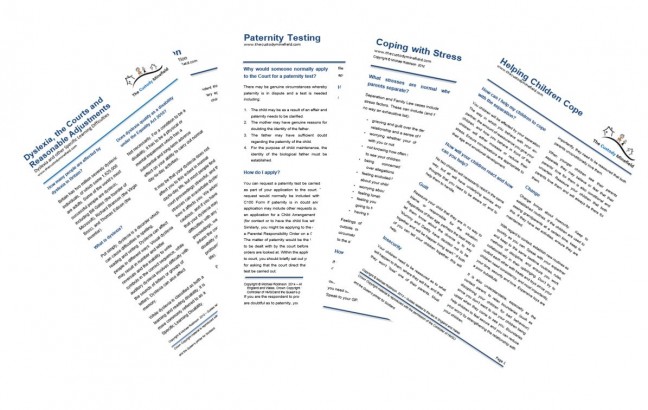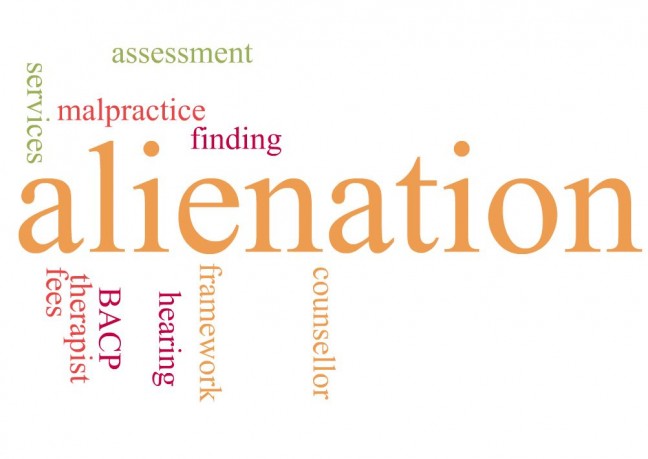There’s continued discussion on social media and legal media about lobbying to reverse cuts to legal aid. Today’s quote was the Chairman of the Bar saying “We believe access to justice is a fundamental part of the rule of law and are doing all we can to help limit the impact upon those who find themselves in this dire situation. However, there is only so far the legal sector can go in tackling this problem. It won’t go away unless the cuts to civil legal aid are restored so that those of limited means can, again, have proper access to justice.”
It’s wrong that one party gets free representation if making allegations of domestic violence yet the accused gets no help at all. We should remember though that before legal aid cuts came in, many didn’t qualify for legal aid but couldn’t afford a solicitor. If there is to be the access to justice that the Bar calls for, eligibility criteria needs to be far more realistic than was previously the case.
Regardless of that debate, there’s another which seems to be ignored entirely. The shameful lack of funding to assist parents whose children are abducted abroad to non-Hague Convention countries. We should also not forget those parents whose children are abducted to a Hague Convention country, in instances where the foreign state does not comply with return orders or where there are protracted appeals abroad. Legal costs can (and do) run into six figure sums and at times appeals take years to conclude. Continue reading Lobbying for legal aid, but silence for those most in need









